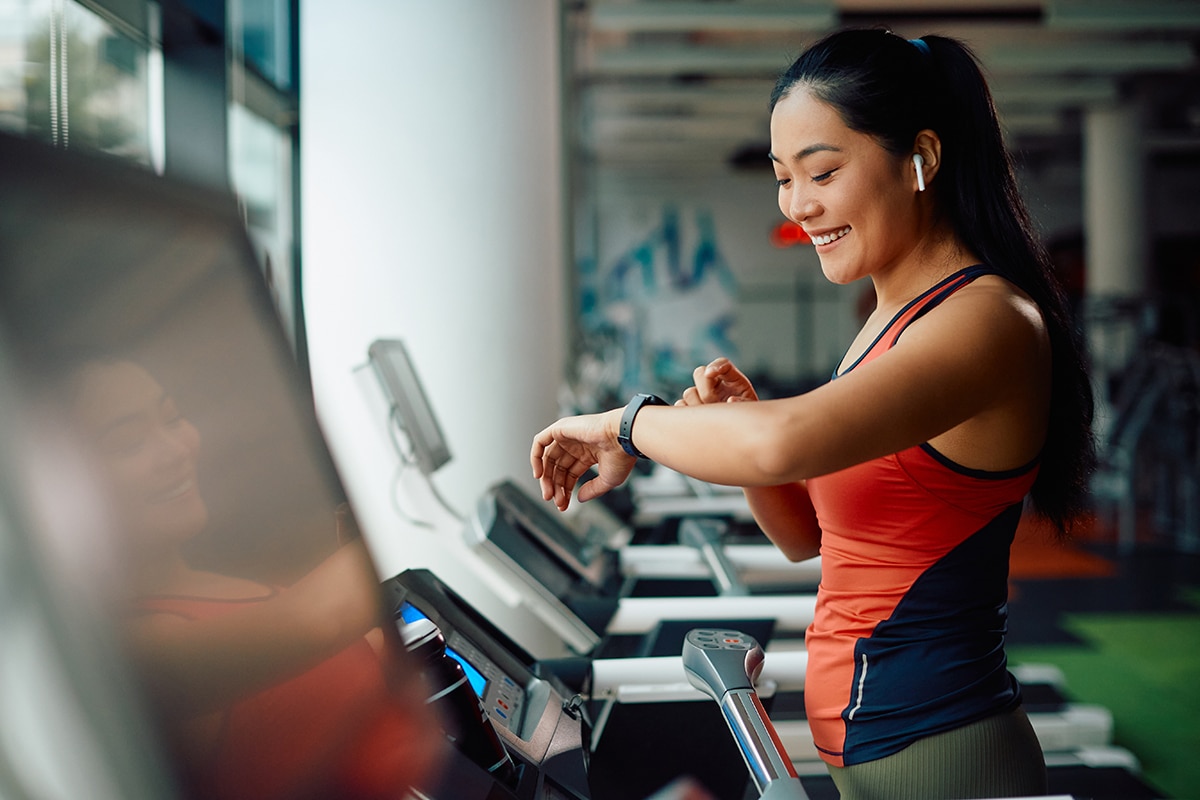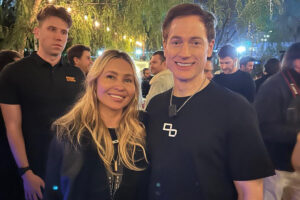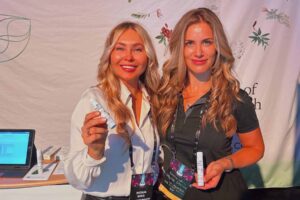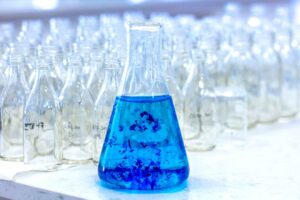Biohacking is all about taking control of your body and mind to achieve your fullest potential. From using wearable devices to track your health data, to experimenting with different diets and supplements, there are countless ways to biohack your life.
In recent years, the term “biohacking” has gained popularity as a way to optimize human performance and improve health through a combination of lifestyle changes, technology, and scientific experimentation.
In this blog, we’ll explore the latest trends and techniques in the world of biohacking, and provide practical tips and insights to help you optimize your own health and wellness. Get ready to take your health and performance to the next level with the power of biohacking!
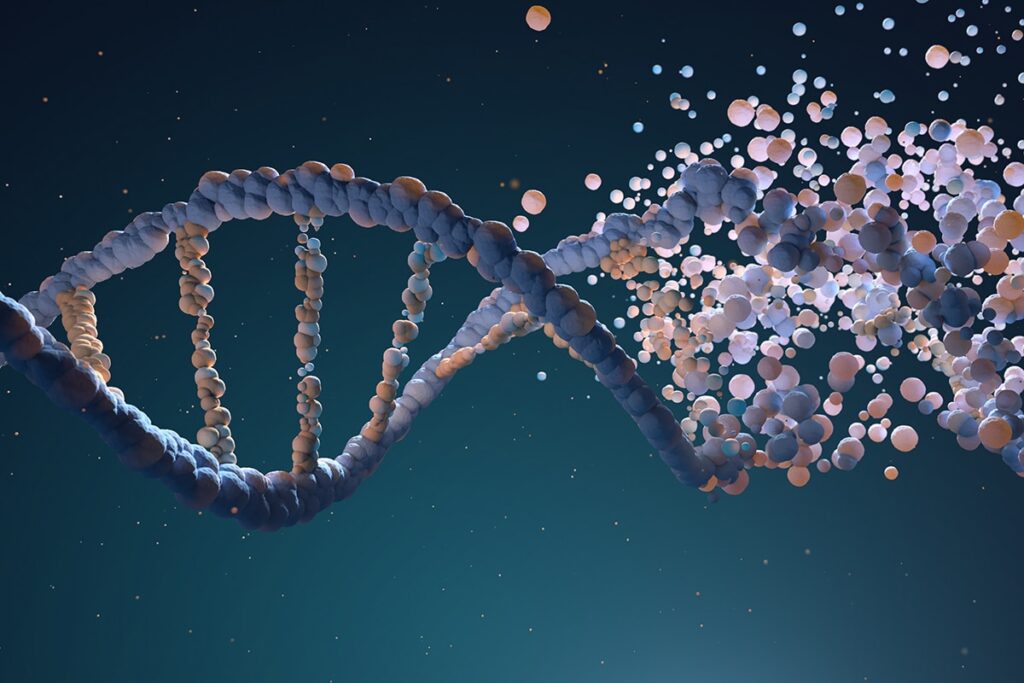
What is Biohacking?
Biohacking is a term used to describe do-it-yourself biology aimed at improving performance, health, or other aspects of the human body [1][2][3][4]. It can involve making small incremental changes to one’s diet or lifestyle[4], or exploring unconventional ideas in a non-hierarchical setting[5].
The human body is a complex system of biological processes that can be influenced by various factors.
Biohacking is the practice of exploring the science of human enhancement, using science and technology to optimize human performance.
It’s based on the idea that our bodies and minds are not fixed entities, but rather dynamic systems that can be optimized and improved through various interventions. By understanding the underlying biology and physiology of the human body, biohackers aim to identify and implement changes that can lead to improvements in physical and mental performance.

There’s so much to explore and learn. Personally, I find myself constantly inspired by the insights of top experts in the field, such as Dave Asprey and Ben Greenfield. These guys are pioneers who have paved the way for others to follow in their footsteps.
I also love following the work of Dr. Mark Hyman, who brings a unique medical perspective to the biohacking world.
From their podcasts to their books, these experts offer a wealth of information that I eagerly devour. I’m always learning something new from them and am grateful for their guidance in my own biohacking journey.
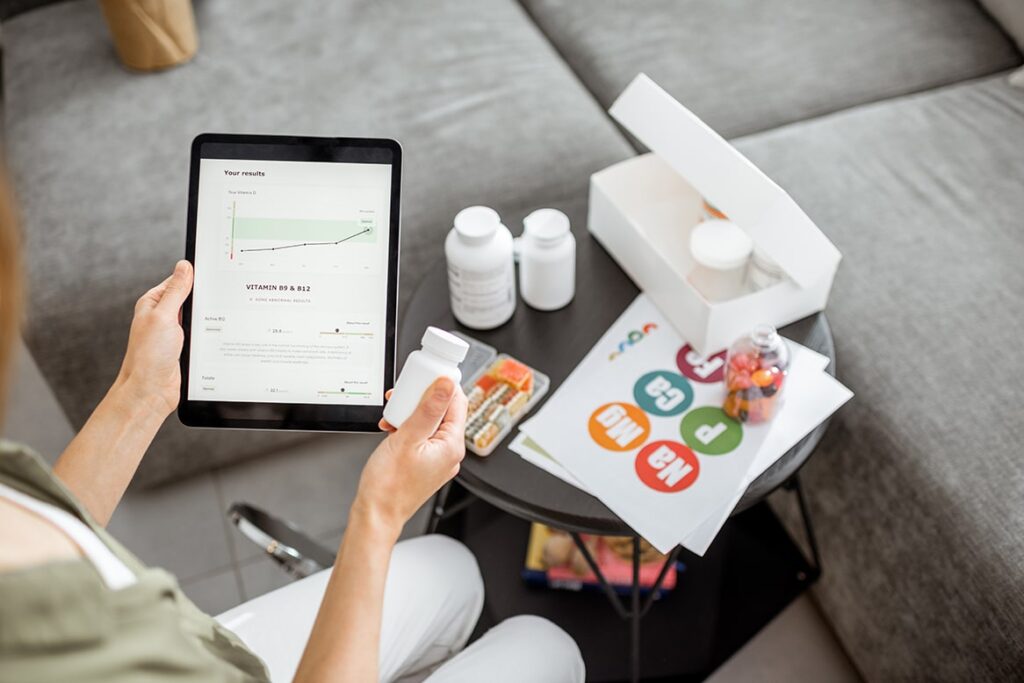
Biohacking Techniques
Techniques range from lifestyle changes to advanced medical procedures, including stem cell therapy to genetic engineering.
Some popular biohacking techniques include supplements and nootropics to enhance cognitive function, intermittent fasting and blood testing.
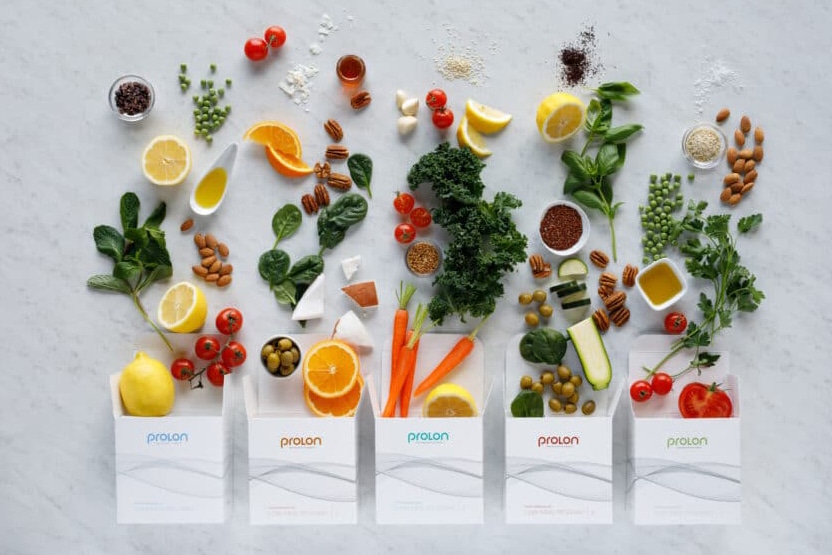
Intermittent Fasting
Intermittent fasting is a popular biohacking technique that involves limiting food intake to specific hours of the day. This technique has been shown to reduce body weight, improve energy metabolism, and reduce the risk of heart disease.
I recommend the ProLon 5 day fasting mimicking diet because I’ve been doing it for over 6 years and it really works well for me. See a detailed article about my experience with ProLon here.
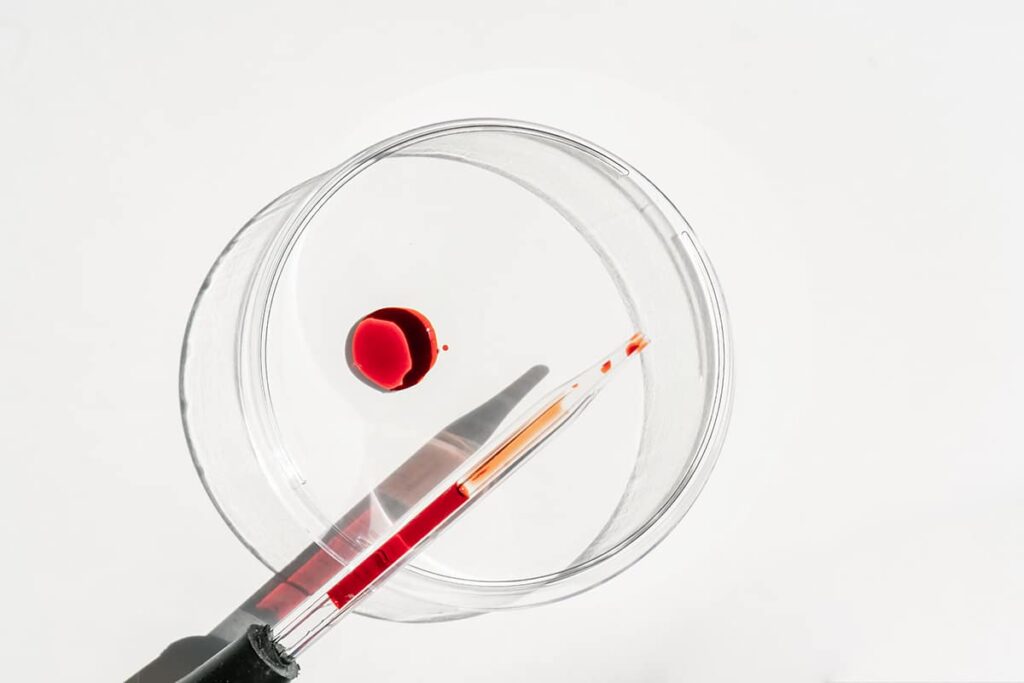
Blood Tests
Blood tests are a crucial tool in biohacking. They provide information about blood sugar levels, vitamin levels, and inflammatory reactions. Blood tests can also reveal potential health problems or genetic predispositions to certain diseases.
For example, by measuring glucose levels and other biomarkers, enthusiasts can gain a better understanding of how their body responds to different foods.
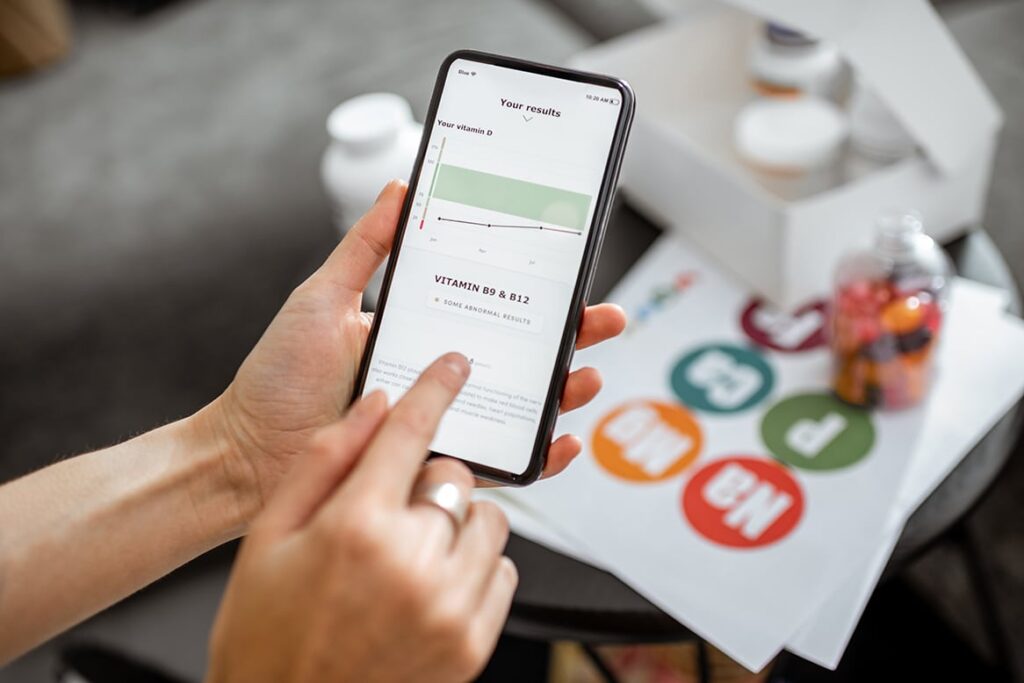
Do-It-Yourself Biology
Do-it-yourself (DIY) biology is a growing trend in biohacking. It involves conducting experiments at home to explore biological processes and test different interventions. DIY biology has the potential to lead to new discoveries and insights.

Wearable Technology
Wearable technology, such as smart watches and fitness trackers, is a popular biohacking tool. These devices allow users to track their physical activity, monitor their heart rate and sleep patterns, and even measure their brain waves. Wearable technology can provide valuable information about the body’s response to different stimuli.
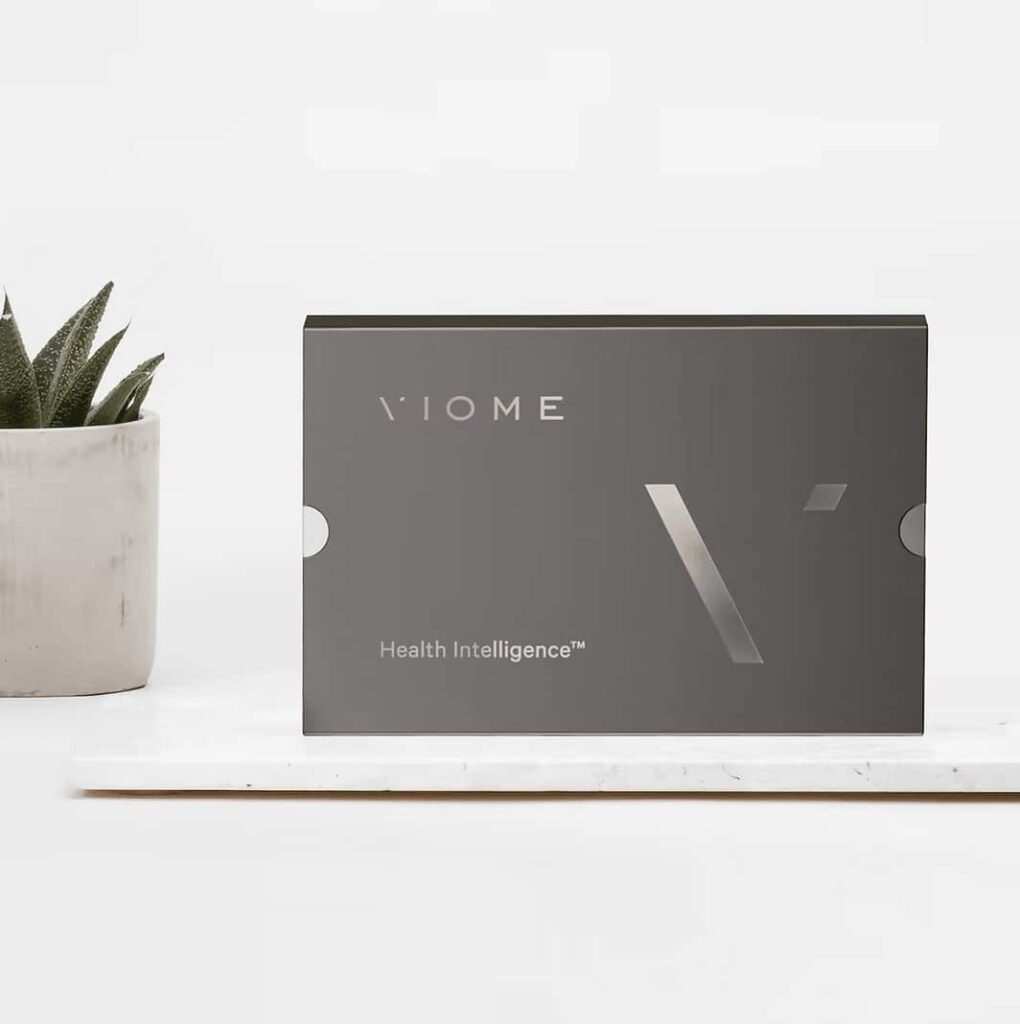
Testing + Viome
I have the privilege of working with a functional medicine doctor who helps me with all the necessary lab tests. We do various tests such as heavy metal testing and food sensitivity tests.
For the food sensitivity test, I make sure to do a comprehensive one that covers over 250 different foods, including chemicals. It’s important to know what kind of foods you shouldn’t be eating.
I also do the Viome Health Intelligence test to analyze gut health.
What’s fascinating is that food sensitivities change every 6 months to a year, which is why it’s crucial to do the test annually.
I make sure to prioritize this test once a year to stay on top of my health game.

Sleep and Circadian Rhythms
Getting quality sleep is essential for optimal health and well-being. It is during sleep that the body repairs and regenerates itself, and lack of sleep has been linked to numerous health problems, including obesity, diabetes, heart disease, and depression.
Biohackers use a variety of techniques to improve the quality and quantity of their sleep. Some strategies include:
Establishing a regular sleep schedule and sticking to it
Creating a sleep-conducive environment by minimizing noise and light, and optimizing temperature and humidity levels
Avoiding caffeine, alcohol, and nicotine in the hours leading up to bedtime
Using blue-light blocking glasses to minimize exposure to the blue light emitted by electronic devices
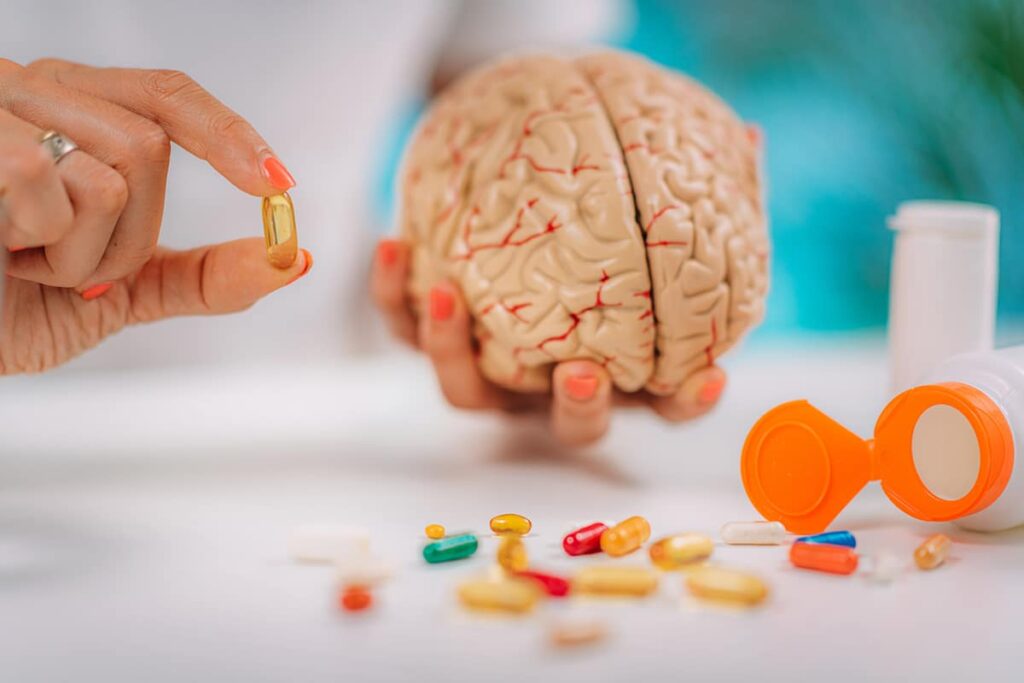
Cognitive Enhancement
Supplements and nootropics are often used by biohackers to improve cognitive function such as memory, focus, or creativity and even physical performance. Some commonly used supplements include omega-3 fatty acids, vitamin D, and magnesium. Nootropics, such as caffeine and racetams, can also be used to enhance cognitive function.
Health Concerns
While biohacking has the potential to improve health and well-being, there are also risks involved so it’s important to conduct experiments safely. DIY biology and genetic engineering, in particular, carry safety risks and should only be performed under the guidance of a medical professional. Additionally, some biohacking supplements and smart drugs may have harmful side effects or interact negatively with other medications.
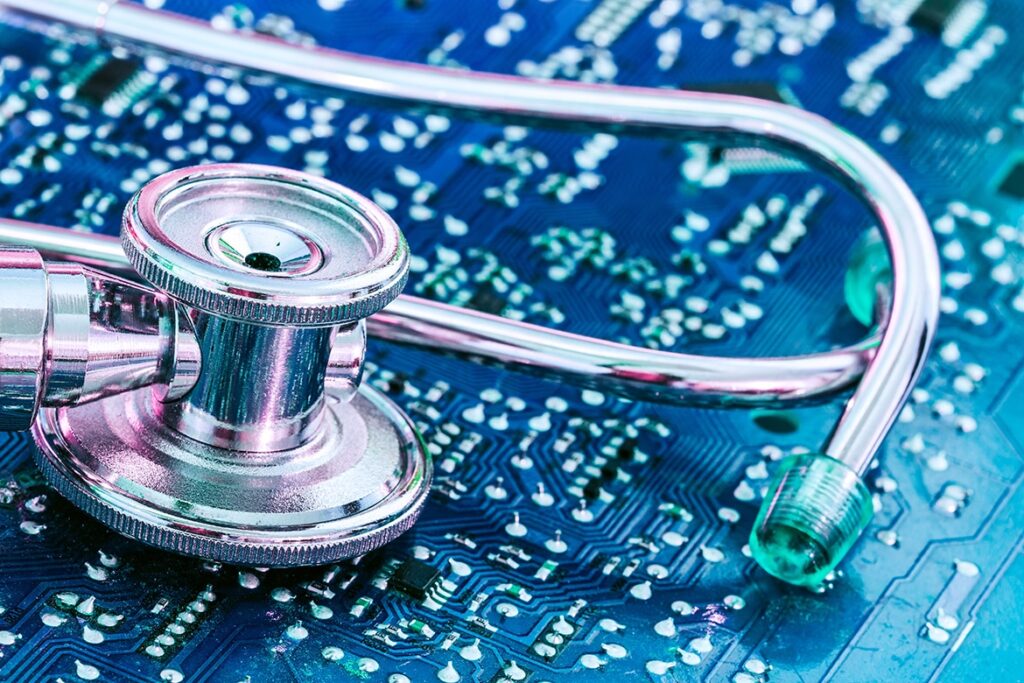
Impact of Technology on Longevity
Technology has had a significant impact on longevity. Medical technology advances have resulted in healthier, longer lifespans and better medical treatment options [6]. Some experts predict that human lifespan could soon pass 100 years thanks to medical tech [7].
One of the most significant things that technology has taught us is that genetics doesn’t have to dictate our health and lifespan. Contrary to popular belief, genetics only account for around 15% of our health and wellbeing. The rest is entirely up to us – how we take care of ourselves, what we eat, and how we live our lives.
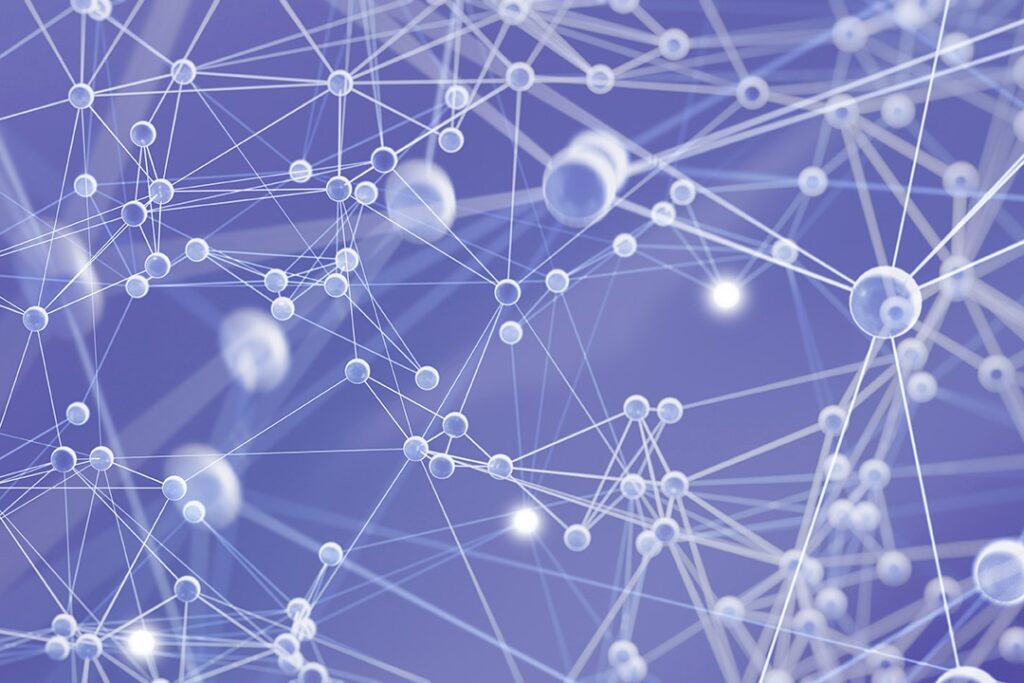
The beauty of technology evolving is that we now have access to tools and devices that allow us to monitor our health more effectively. This allows us to take control of our health and make informed decisions like incorporating healthy habits into their daily routine.
For example, through regular blood tests, we can monitor our vitamin levels and mineral levels, as well as cholesterol and glucose levels. We can also do biohacking tests to identify food sensitivities, heavy metals, and other health markers.
By doing so, we can make dietary and lifestyle changes and with the right guidance, approach and tools, we can stay young and energetic well into our later years.

Coaching Sessions
I am currently offering one-on-one coaching sessions to help individuals who may be facing challenges in achieving their goals independently. My goal as a coach is to guide and support you in every step of your journey, while also holding you accountable for the actions you take towards achieving your desired outcomes.
Whether you want to improve your health and wellness, establish better habits, or achieve personal and professional growth, I can provide you with personalized attention, a customized approach that suits your unique needs, and the necessary tools and motivation to help you reach your full potential and transform your life.

The Benefits of Biohacking
The benefits of biohacking can be numerous and varied. Some people use biohacking to increase their energy levels, improve their mental clarity, or boost their athletic performance. Others use it to reduce their risk of chronic diseases such as diabetes or heart disease.
For example, metabolic and brain disorders can be some of the most challenging health conditions to manage and traditional medicine has limited options for treating these conditions. Biohacking techniques like exploring brain gene networks, changing one’s diet to include high vibration foods, and using supplements have shown promise in managing these conditions vs. clinical trials that can take years or even decades to produce viable treatments.
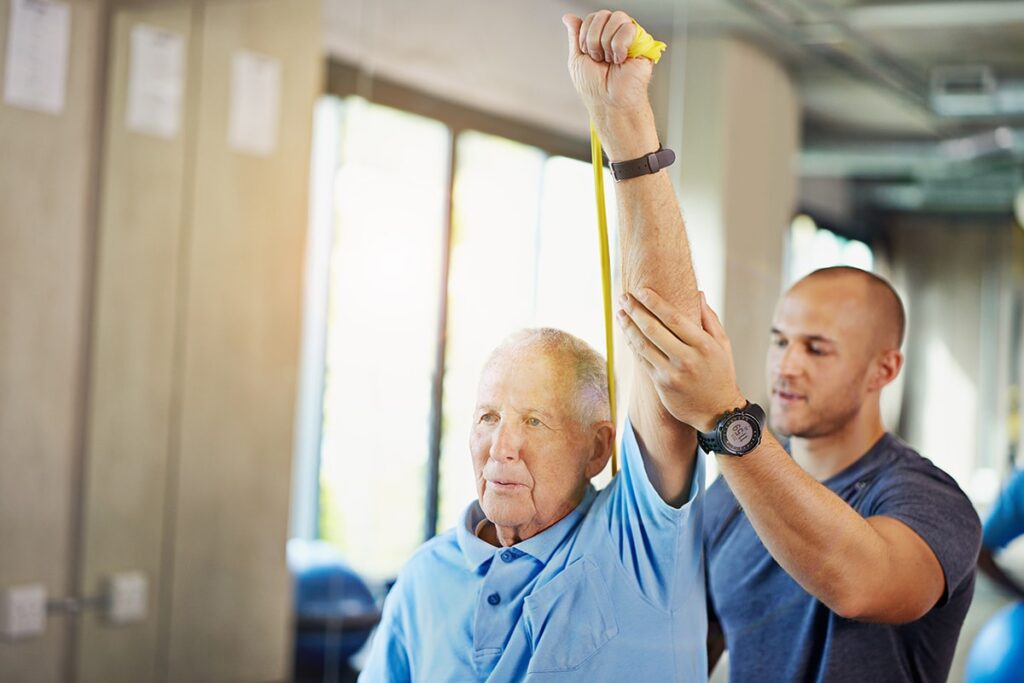
The normal aging process can also be impacted by biohacking techniques. As we age, our bodies undergo a variety of changes that can impact our health and well being. By taking full control of our own bodies and exploring self-improvement techniques like exercise, healthy foods, and stress management, we can slow down the aging process and reduce our risk of developing chronic health conditions.
Finally, it’s worth noting that biohacking is not a subculture reserved for Silicon Valley techies or experimentalists. People interested in biohacking can come from all walks of life and backgrounds.
By conducting experiments and exploring different techniques, human beings can learn to optimize their body composition, improve brain function, and manage stress and mood swings.
Even something as simple as adding olive oil to your diet can have a positive impact on your health.

Getting Started with Biohacking
If you’re interested in exploring the world of biohacking, there are a few key steps to get started.
Establishing a Baseline
The first step in any biohacking journey is to establish a baseline of your current physical and mental health. This can involve tracking things like your sleep patterns, activity levels, and diet for a few days or weeks to get a sense of where you’re starting from.
Identifying Goals
Once you have a baseline established, the next step is to identify your goals. What do you want to achieve through biohacking? Do you want to improve your athletic performance, boost your cognitive function, or simply feel more energized and focused throughout the day? Once you’ve identified your goals, you can start to develop a plan for how to achieve them.
Developing a Plan
Developing a biohacking plan involves identifying the specific changes you want to make in your life to achieve your goals. This might involve changes to your diet, exercise routine, sleep habits, or the use of certain supplements or technologies. It’s important to be specific and realistic in your planning, and to track your progress along the way.

How I Got Started
After giving birth, I became very conscious of aging and I didn’t want to age prematurely. I wanted to find ways to reverse the aging process and stay young. That’s when I started to look into proper nutrition and discovered the world of biohacking thru ProLon.
Heavy metals are one of the hardest toxins to remove from the body because we are constantly exposed to them. I’ve been trying to remove them from my body for the last couple of years, and I do a test once a year to see where my markers are. I’m constantly cleansing my body and bringing those markers down because different toxins like mercury and arsenic can accumulate in our bodies and are dangerous to our health.
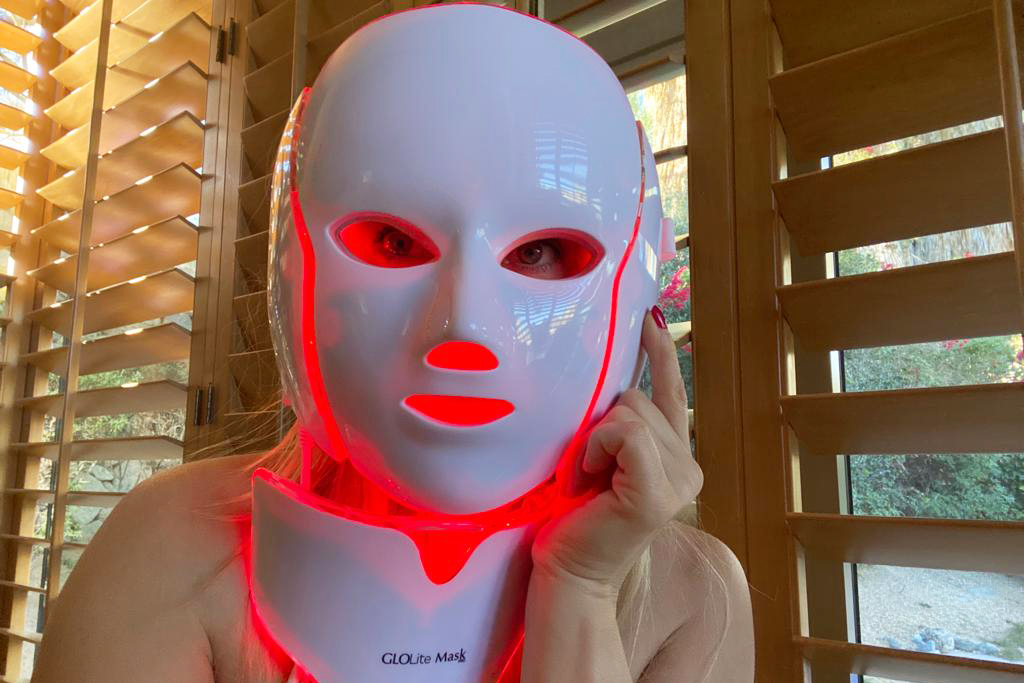
Another thing that has really helped me is using a red light mask three times a week for about 35 to 40 minutes. It’s recommended that women use it 3-4 times a week, while men can use it even more. See my full article on red light therapy here.
I’ve also invested in some machines for my home, like the ENG3, which is designed to rejuvenate cells by aligning proteins at an optimal level. I use it for 15 minutes every day to keep my cells in top condition.
See more about my daily routine here.
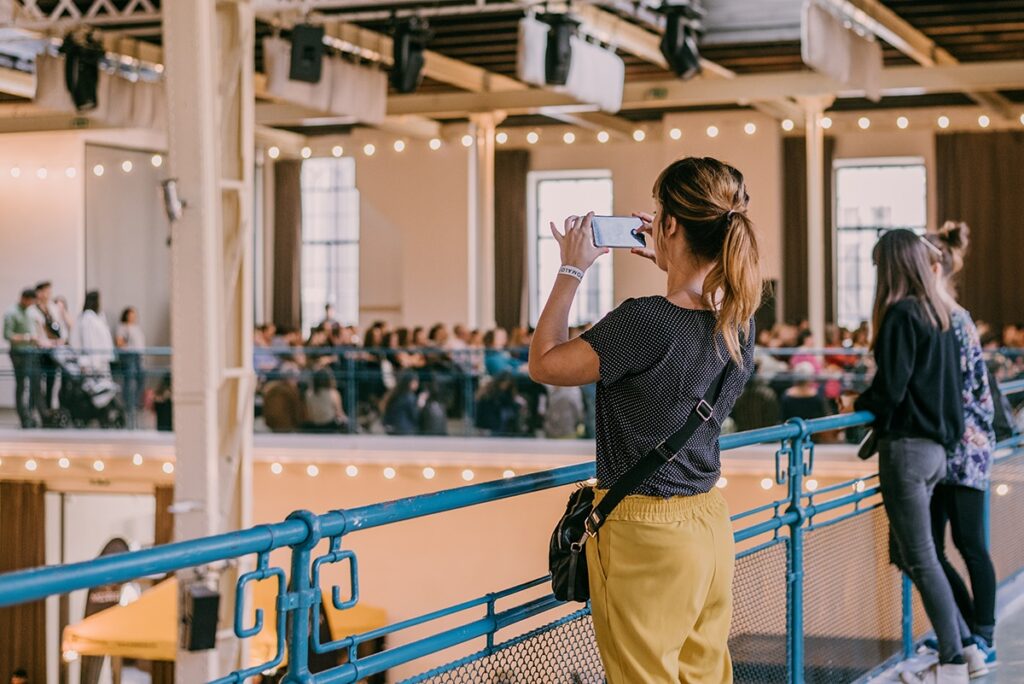
Importance of Community
Being part of a community and connecting with like-minded individuals can be incredibly beneficial in the world of biohacking. Attending biohacking conferences, for example, can provide a wealth of knowledge and energy to improve one’s health and overall life. Personally, I make an effort to attend as many of these conferences as possible, and I find the positive energy and learning opportunities to be invaluable.
Besides the learning opportunities, connecting with people in the community is another highlight of these events. The conferences typically draw the best minds in biohacking, with speakers discussing topics like stem cells and peptides. These topics can seem complex, but hearing from experts in the field provides a unique insight that you can’t find elsewhere. Plus, it’s always fascinating to hear from others’ experiences with their biohacking journey.

One thing I learned at a conference that has stuck with me is the importance of stem cells. Harvesting your own stem cells when you’re young and storing them for later use could be the key to prolonging your life. There’s a doctor in Beverly Hills that harvests stem cells from fat tissue and keeps them in storage for future use. It’s an incredible innovation that can potentially rejuvenate your body and organs as you age.
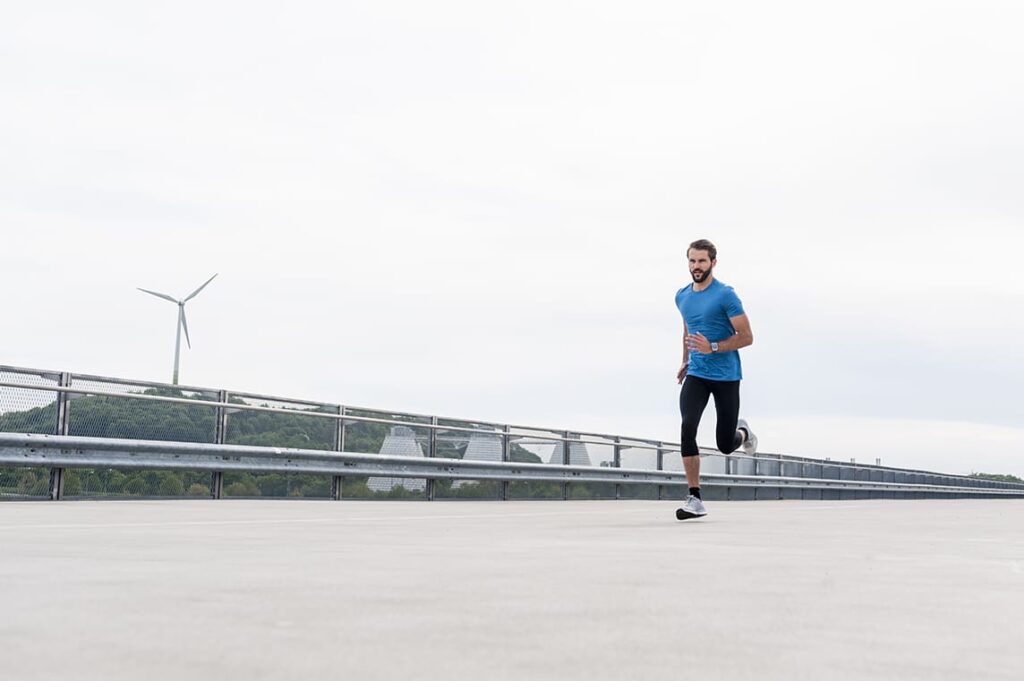
Conclusion
Biohacking is a rapidly growing field that offers the potential to improve human health and performance and with continued research and technological advancement, biohacking may hold the key to unlocking the secrets of human enhancement and life extension.
By exploring biohacking techniques and incorporating healthy habits into our daily routine, we can achieve not just weight loss goals but maintaining a healthy body composition over the long term.
FAQ
Biohacking refers to the practice of using various techniques and tools to optimize and improve one's health, performance, and longevity. These techniques can range from lifestyle changes to the use of supplements, nootropics, and other bioactive substances.
As with any form of self-improvement or experimentation, there are risks associated with biohacking. It's important to do your research, consult with a healthcare professional, and proceed with caution. Some biohacking practices, such as extreme diets or the use of untested substances, can be harmful if not done properly.
Biohacking is a practice that can benefit anyone who is interested in optimizing their health, performance, and longevity. This can include athletes, entrepreneurs, students, and anyone who wants to improve their physical and mental well-being.
Some common biohacking techniques include optimizing sleep, improving diet, increasing exercise, managing stress, using supplements and nootropics, and utilizing various tools and technologies such as wearable devices and tracking apps.
Yes, there are many resources available for beginners who are interested in learning more about biohacking. This can include books, podcasts, online communities, and even biohacking conferences and events.
While there is no guarantee that any particular biohacking technique or practice will extend your lifespan, many biohacking practices are aimed at optimizing overall health and wellness, which can certainly contribute to a longer and healthier life.
The amount of time and effort required for biohacking can vary depending on the individual and their goals. Some biohacking practices, such as optimizing sleep and managing stress, can be incorporated into daily routines with minimal effort. Others, such as extreme diets or intensive exercise regimens, may require more time and dedication.
No, biohacking does not necessarily require expensive equipment.

Resources
1. What’s Biohacking? All You Need To Know About The Latest …
2. Biohacking: What is it, types and hacks to try for beginners
3. What is biohacking and how does it work? – Tony Robbins
4. Biohacking: Definition, Safety, and Top 11 Hacks for Beginners
5. How biohackers are trying to upgrade their brains, their bodies
6. How Medical Technology Advances Extend Life Expectancy
7. Human lifespan could soon pass 100 years thanks to tech …

With a positive approach and a motivation mindset, you will reach your health goals, no matter how hard they may seem at first. Learn more about my one-on-one coaching program here.
